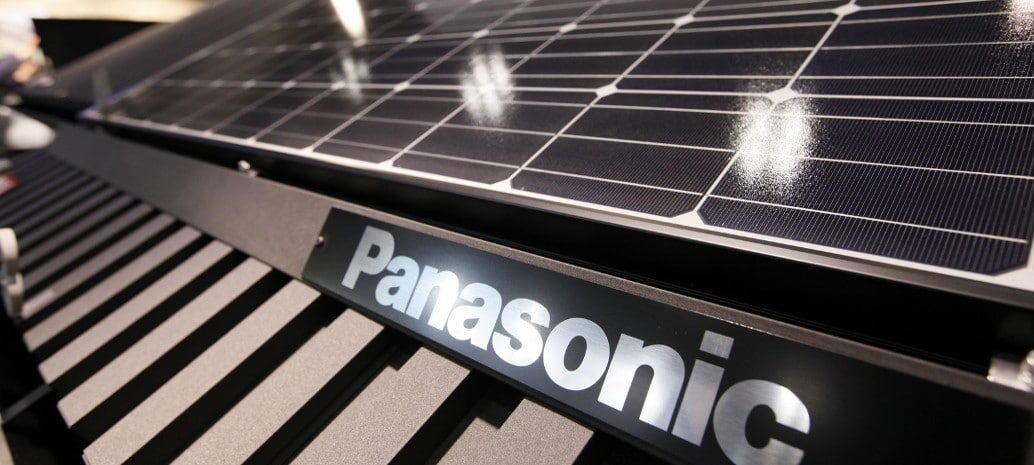Bahrain’s Ministry of Electricity and Water Affairs announced that the National Committee which supervises the implementation of the National Energy Efficiency Plan (NEEAP) and the National Renewable Energy Plan (NREAP) is currently reviewing the developments on the preparation of the necessary legal and technical requirements before applying the Net Metering policy for distributed generation renewable and solar energy projects.
The Ministry gave the announcement at the second meeting of the committee supervising the NREAP. The committee was set up by the ministry last year after the approval of the plan.
The net metering scheme will be managed by the country’s Electricity and Water Authority (EWA). Under the scheme, PV system owners will be able to charge the EWA for the excess electricity they produce.
Bahrain’s government has been long undecided between net metering and a FIT scheme to support solar distributed generation. In 2016, the United Nations Development Programme (UNDP) announced that Bahrain’s Sustainable Energy Unit (SEU) was seeking qualified renewable energy experts for a short-term assignment to develop a FIT or net metering policy.
Meanwhile, interest from investors in this emerging solar market is growing. The Minister of Electricity and Water Affairs, Abdul Hussain bin Ali Mirza, has met with several foreign companies over the past months.
Only in March, Mirza received representatives from Capital Impact Partners, AIG Group, Philips, Escom Corporation, and Yellow Door Energy, all of which, according to the ministry, have discussed the possibility of investing in solar energy projects. In January, Mirza received officials from local solar specialist Arcal, while in December 2016 he received officials from Spanish solar energy company Abenoga, led by its Saudi Arabia branch general manager Hisham Faisal Hejailan.
The country currently has only one PV project in development, a 5 MW hybrid wind-solar pilot project being implemented by German company Juwi International and overseen by global consultancy firm Fichtner.
In January of this year, Mirza also announced the construction of the country’s first solar module manufacturing facility. The government said the 15 MW factory will be named Solar One and will be built in three phases, without providing further details.
The energy plan, which includes the development of both distributed generation and large-scale solar, sets the national target of renewable energy in the Kingdom of Bahrain at 5% by 2025 which will be further boosted to become 10% by 2035.
This content is protected by copyright and may not be reused. If you want to cooperate with us and would like to reuse some of our content, please contact: editors@pv-magazine.com.




By submitting this form you agree to pv magazine using your data for the purposes of publishing your comment.
Your personal data will only be disclosed or otherwise transmitted to third parties for the purposes of spam filtering or if this is necessary for technical maintenance of the website. Any other transfer to third parties will not take place unless this is justified on the basis of applicable data protection regulations or if pv magazine is legally obliged to do so.
You may revoke this consent at any time with effect for the future, in which case your personal data will be deleted immediately. Otherwise, your data will be deleted if pv magazine has processed your request or the purpose of data storage is fulfilled.
Further information on data privacy can be found in our Data Protection Policy.